109 Gold Ave. SW, Albuquerque, NM
Cafe Hours: 7-2 weekdays

Building
& Family Asset
Development
Economic
Environments
of Built
Planning
Influencing
Development
Rural
Strategies for
In Health Care
Opportunities
Leveraging
in Community
Stewardship
Transformation
Education
Engagement
and Community
Between Arts
Building Links
Development
Industry
Local Food
Capacity
Non-Profit Sector
Building in the
Foundation
Priority Areas

& Family Asset
Building
Development
Economic
Environments
& Built
Urban Planning
Influencing
Development
Rural
Strategies for
In Health Care
Opportunities
Leveraging
Resources
of Natural
Stewardship
Development
Childhood
& Early
Transformation
Education
Engagement
and Community
Between Arts
Building Links
Development
Industry
Local Food
Capacity
Non-Profit Sector
Building in the
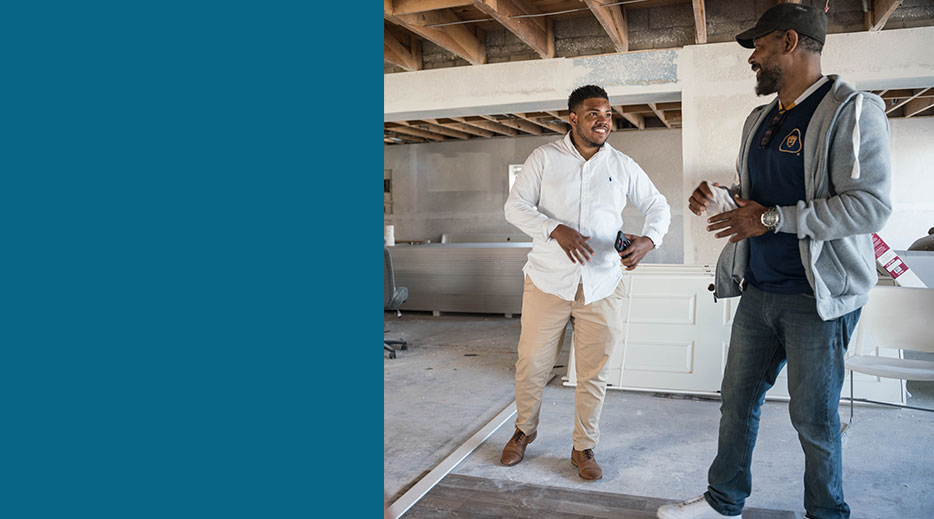
The McCune Foundation supports initiatives that build operational capacities for non-profits, making expertise in communications, finance, leadership development, organizational development and other areas more broadly available in service of a more structurally equitable and resilient sector.
Capacity Building In The
Non-Profit Sector
LEARN MORE
& Family Asset
Building
Development
Economic
Environments
& Built
Urban Planning
Influencing
Development
Rural
Strategies for
In Health Care
Opportunities
Leveraging
Resources
of Natural
Stewardship
Development
Childhood
& Early
Transformation
Education
Engagement
and Community
Between Arts
Building Links
Development
Industry
Local Food
Capacity
Non-Profit Sector
Building in the
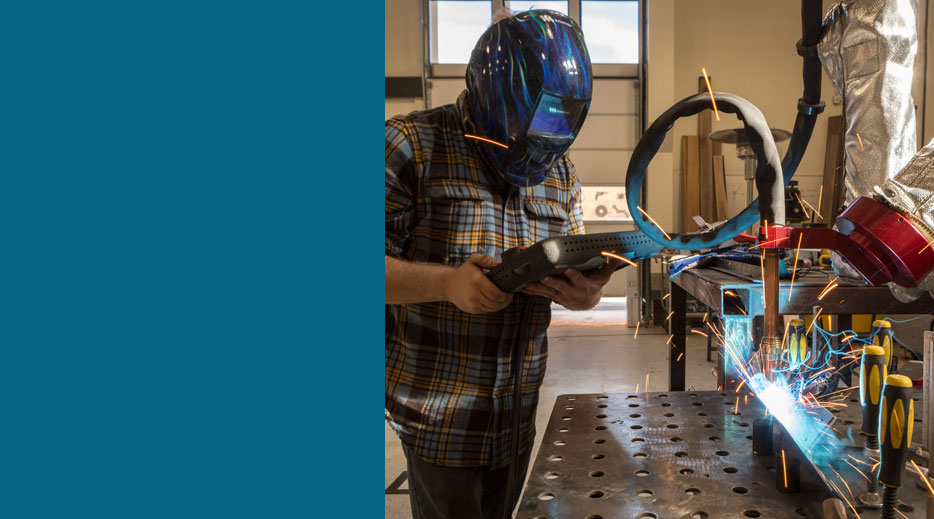
A Foundation priority is to create and expand the economic base in New Mexico and to view its grant making through an economic development lens whenever possible, in particular supporting programs and organizations that seek to foster entrepreneurship across sectors. The Foundation also supports programs and initiatives that support and help drive growth in family assets across the diverse communities of the state, enabling a broader base of economic stability for our families.
Economic Development
& Family Asset Building
LEARN MORE
& Family Asset
Building
Development
Economic
Environments
& Built
Urban Planning
Influencing
Development
Rural
Strategies for
In Health Care
Opportunities
Leveraging
Resources
of Natural
Stewardship
Development
Childhood
& Early
Transformation
Education
Engagement
and Community
Between Arts
Building Links
Development
Industry
Local Food
Capacity
Non-Profit Sector
Building in the
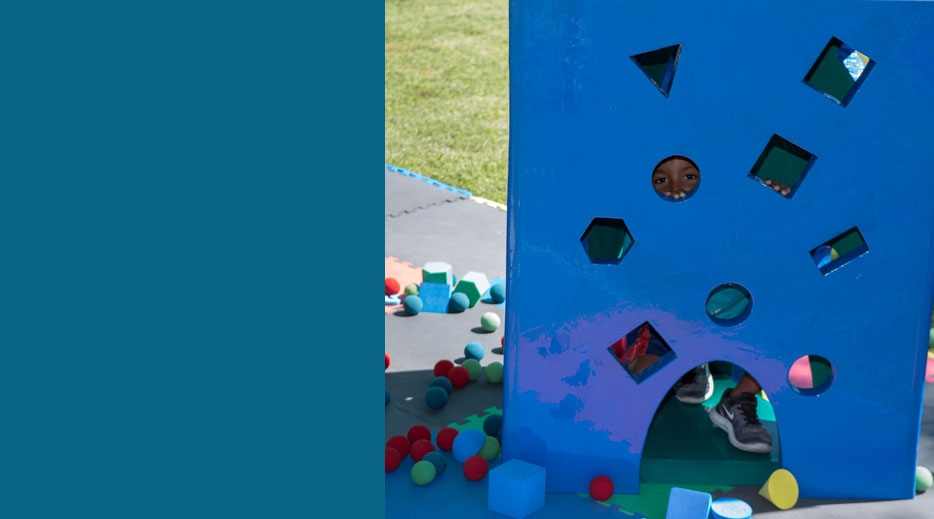
The McCune Charitable Foundation holds equity as a core value, and sees equitable access to engaging and culturally relevant education as a key component of thriving, prosperous communities. New Mexico is blessed to be home to diverse cultures, languages, and traditions that make learning and growing up here in the 21st century an experience that is uniquely rooted in place and community. This is an asset that was unfortunately ignored by 20th century models of education, but is beginning to be recognized now.
Education Transformation
LEARN MORE
& Family Asset
Building
Development
Economic
Environments
& Built
Urban Planning
Influencing
Development
Rural
Strategies for
In Health Care
Opportunities
Leveraging
Resources
of Natural
Stewardship
Development
Childhood
& Early
Transformation
Education
Engagement
and Community
Between Arts
Building Links
Development
Industry
Local Food
Capacity
Non-Profit Sector
Building in the

The arts play a significant role in the culture and history of New Mexico and contribute substantially to the state’s economic and civic livelihoods. The McCune Foundation supports efforts that seek to leverage arts, creative expression, and culturally relevant, transformative experiences for the purpose of inspiring and driving higher levels of community and civic engagement.
Building Links Between
Arts and Community
Engagement
LEARN MORE
& Family Asset
Building
Development
Economic
Environments
& Built
Urban Planning
Influencing
Development
Rural
Strategies for
In Health Care
Opportunities
Leveraging
Resources
of Natural
Stewardship
Development
Childhood
& Early
Transformation
Education
Engagement
and Community
Between Arts
Building Links
Development
Industry
Local Food
Capacity
Non-Profit Sector
Building in the
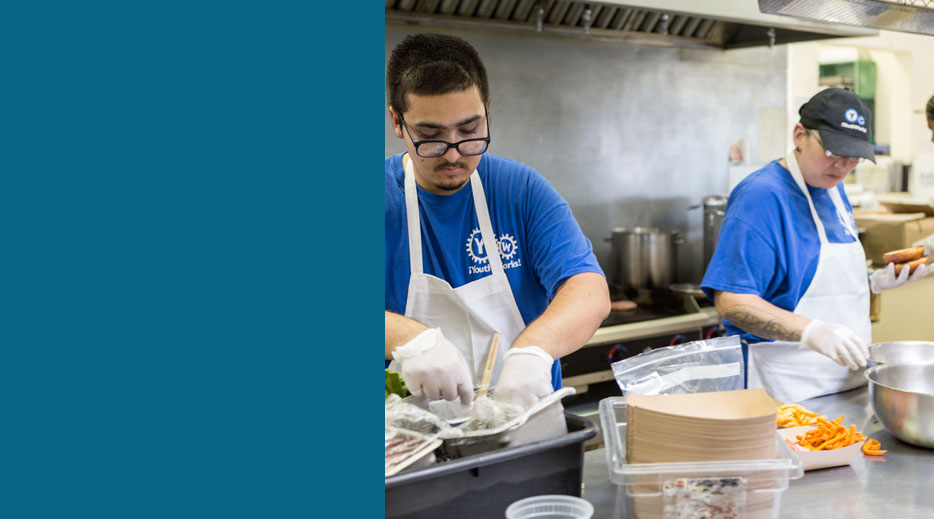
Far too often, existing food systems (referring to all the processes, infrastructure and activities related to feeding a community) in the state of New Mexico contribute to poor nutritional outcomes for individuals and families, especially those considered low income. Not only does New Mexico have among the highest obesity and diabetes rates in the nation as a result of these significant shortcomings, the systems in question also contribute little to the state economy, with as much as 80 percent of all money spent on food and nutrition leaving the state, according to the New Mexico State University Extension Service.
Local Food Industry
Development
LEARN MORE
& Family Asset
Building
Development
Economic
Environments
& Built
Urban Planning
Influencing
Development
Rural
Strategies for
In Health Care
Opportunities
Leveraging
Resources
of Natural
Stewardship
Development
Childhood
& Early
Transformation
Education
Engagement
and Community
Between Arts
Building Links
Development
Industry
Local Food
Capacity
Non-Profit Sector
Building in the

Well-conceived built environments provide a key platform for many functions of family and civic life and are fundamentally connected to many factors that contribute to community health. These functions include economic development and higher levels of community and civic engagement, among others. The Foundation supports the development of built environments across the state that seek to take advantage of the role these environments can play to move New Mexican families toward a more prosperous and healthy future.
Influencing
Planning of Built
Environments
LEARN MORE
& Family Asset
Building
Development
Economic
Environments
& Built
Urban Planning
Influencing
Development
Rural
Strategies for
In Health Care
Opportunities
Leveraging
Resources
of Natural
Stewardship
Development
Childhood
& Early
Transformation
Education
Engagement
and Community
Between Arts
Building Links
Development
Industry
Local Food
Capacity
Non-Profit Sector
Building in the
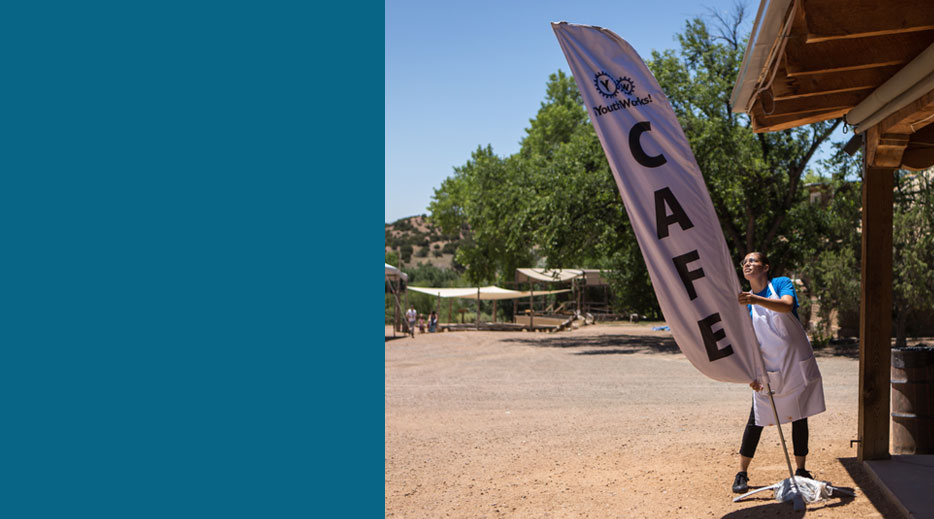
New Mexico is the fifth largest state in the nation in terms of land area and, somewhat conversely, it is the 36th most populous state. This means that New Mexico is largely rural, with 26 out of 33 counties considered “frontier counties” (six or fewer people per square mile). While a majority of the population in the state lives in four urban areas (Albuquerque, Las Cruces, Rio Rancho and Santa Fe), New Mexico maintains a significant population base that honors its rural roots. Among many New Mexico communities, a rural way of life supports a fundamental cultural connection with the landscape of the state and to the values that many families honor and maintain.
Strategies for Rural
Development
LEARN MORE
& Family Asset
Building
Development
Economic
Environments
& Built
Urban Planning
Influencing
Development
Rural
Strategies for
In Health Care
Opportunities
Leveraging
Resources
of Natural
Stewardship
Development
Childhood
& Early
Transformation
Education
Engagement
and Community
Between Arts
Building Links
Development
Industry
Local Food
Capacity
Non-Profit Sector
Building in the
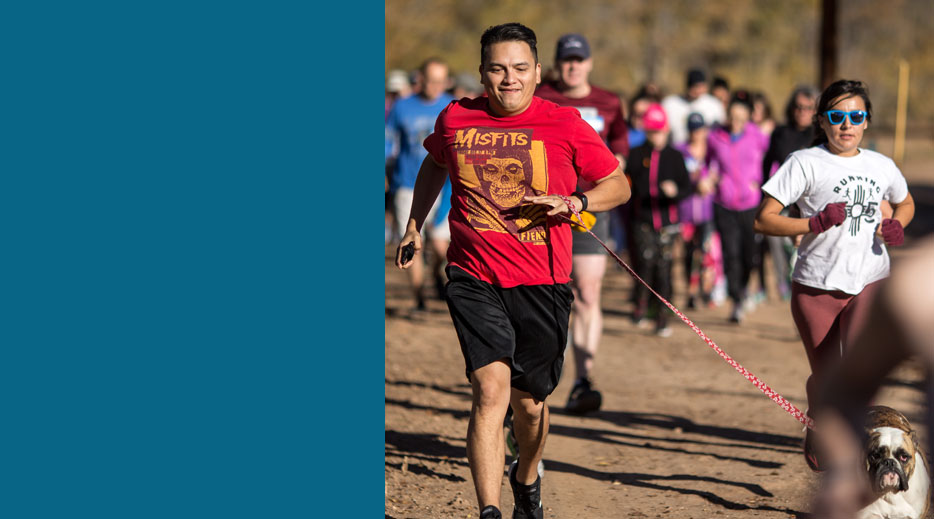
After many generations in relationship with the land, vegetation and elements in New Mexico, communities have developed ways to sustain physical and mental health and wellness that often involve uses of medicinal plants, traditional practices and community support. Many of these traditions have endured and been adapted to contemporary contexts as alternatives and complements to modern approaches. Introduction of newer, less healthy diets and practices have taken a toll, however, with many New Mexicans facing challenges that traditional modalities sometimes cannot address.
Leveraging Opportunities
In Health Care
LEARN MORE
& Family Asset
Building
Development
Economic
Environments
& Built
Urban Planning
Influencing
Development
Rural
Strategies for
In Health Care
Opportunities
Leveraging
Resources
of Natural
Stewardship
Development
Childhood
& Early
Transformation
Education
Engagement
and Community
Between Arts
Building Links
Development
Industry
Local Food
Capacity
Non-Profit Sector
Building in the

As we face growing disruption due to climate change, it is our frontline communities – those who experience the “first and the worst” of the consequences of climate change – that will be the primary focus of the Foundation’s support. Frontline communities include tribal and rural communities, and in urban areas, lower and middle income families and communities of color living in areas that have been negatively impacted by poor infrastructure and industrial practices.
Stewardship in
Community
LEARN MORE